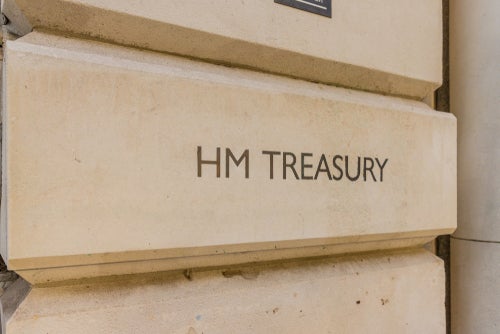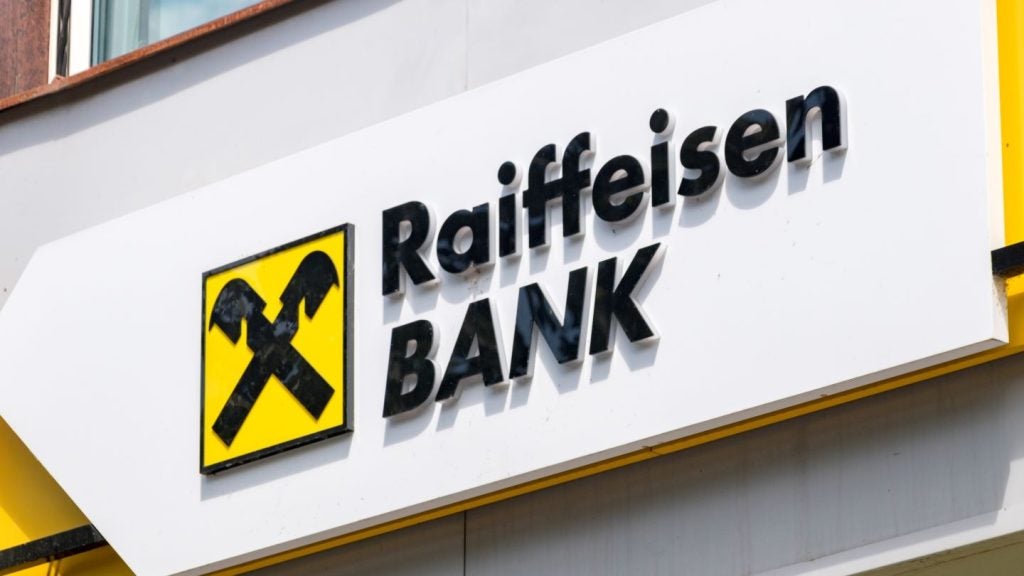
Rangewell, a business finance consultancy, has said that overall approval rate for funds under CBILS remains at 50%, which means that 40,000 SMEs have been unable to access government-backed debt funding.
Analysis by Rangewell tracks the Coronavirus Business Interruption Loan Scheme (CBILS) and the Bounce Back Loan Scheme (BBLS) – two UK government programmes providing support to smaller firms that have struggled in the wake of the Covid-19 pandemic.
Because of the deficiency in funding, Rangewell says the government “needs to be thinking of other solutions for this large cohort of over 40,000 companies.”
Rangewell says “most of these businesses will be credible, long-standing businesses but not suitable for bank debt. Perhaps this is because of the sector they are in, their stage of development or previous credit issues.
“It is not realistic for the government to ask lenders to breach responsible lending guidelines, as that is what will cause the much-discussed ‘surge in defaults’ and would be irresponsible.”
Instead, Rangewell is calling on the government to rapidly replicate and roll-out the forthcoming equity support for larger SMEs that will be provided by Project Birch to smaller SMEs.
Rangewell is proposing a Project Spruce for smaller SMEs, with priority given to those who have failed to receive CBIL funds.
“In the majority of cases, such companies will have spent considerable time preparing cash flows and business plans – all of which could quickly be reviewed under the new Project Spruce scheme and funds deployed rapidly.”
Rangewell is suggesting a ‘Project Spruce’ that replicates the forthcoming ‘Project Birch’ being rolled out for larger companies.
The consultancy said many rejected CBILS applicants “will be facing significant financial difficulties – and many will be just as important to their local economies as the nationally important companies being supported by ‘Project Birch’.”
CBILS
The average CBILS loan size of £275,000 this week and £194,000 since the commencement of the scheme ties in with what Rangewell is seeing – most borrowers keen to remain below the £250,000 limit where personal guarantees kick in.
Low volumes of CBIL applications over the last couple of weeks suggest to Rangewell that the early negative publicity may be responsible for “scaring off” legitimate borrowers from applying to the scheme.
Bounce Back Loan Scheme
Rangewell says the average Bounce Back Loan amount remains at the £30,000 level, assuming every borrower is applying for the maximum 25% of turnover, it shows the scheme really is helping the smaller end of the SME market.
Rangewell says that although Bounce Back Loan volumes and loan amounts have fallen significantly again this week, the overall 80% approval rate and the £20bn-plus of total lending via the scheme is a huge injection of capital into SMEs.
Rangewell said the Treasury should be commended. “To get a scheme of this magnitude up and running so quickly and pumping over £20bn into supporting SMEs is no small feat.”
It added: “The headlines being bandied around that half these borrowers have ‘no intention of paying back the loans’ is frankly insulting to small businesses who are facing unprecedented situations and levels of stress whilst trying to keep their businesses afloat.”
Large CBILS
Rangewell said the Large CBIL Scheme continues to underperform with low application rates and an overall approval rate of just over 30%.
It added: “The UK’s ‘Mittelstand’ is the real backbone of the economy and need much better support than this. The Chancellor needs to urgently work out why this scheme is not performing and see how it can be improved alongside the equity injection plans that have been floated via the much-anticipated ‘Project Birch’ scheme.







